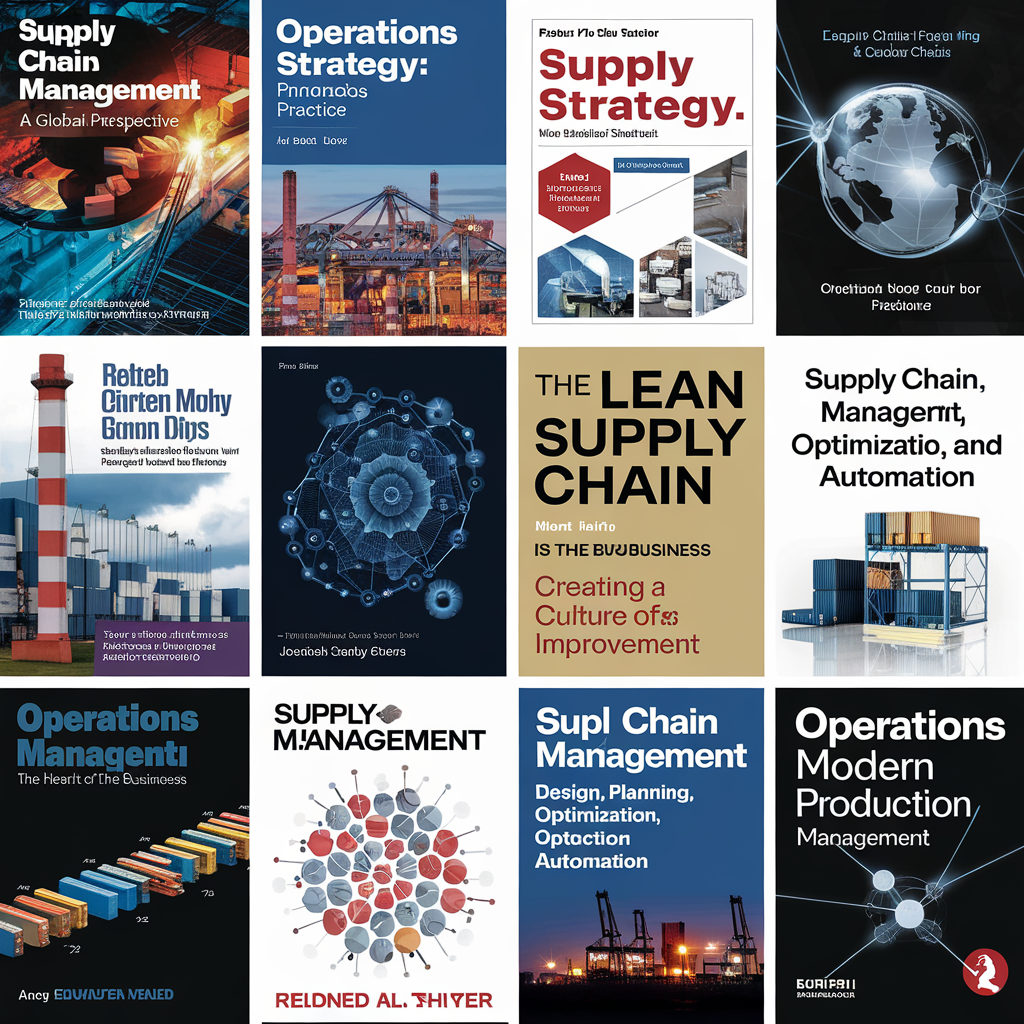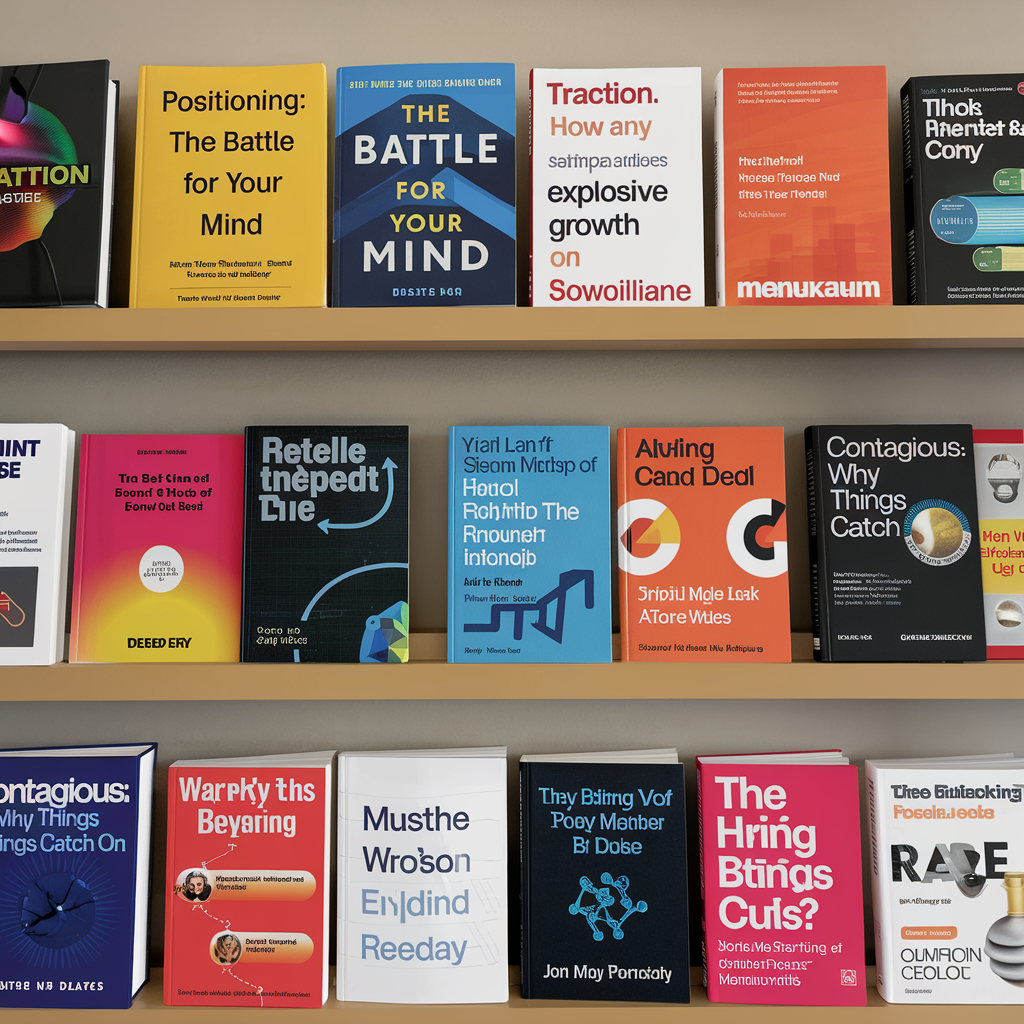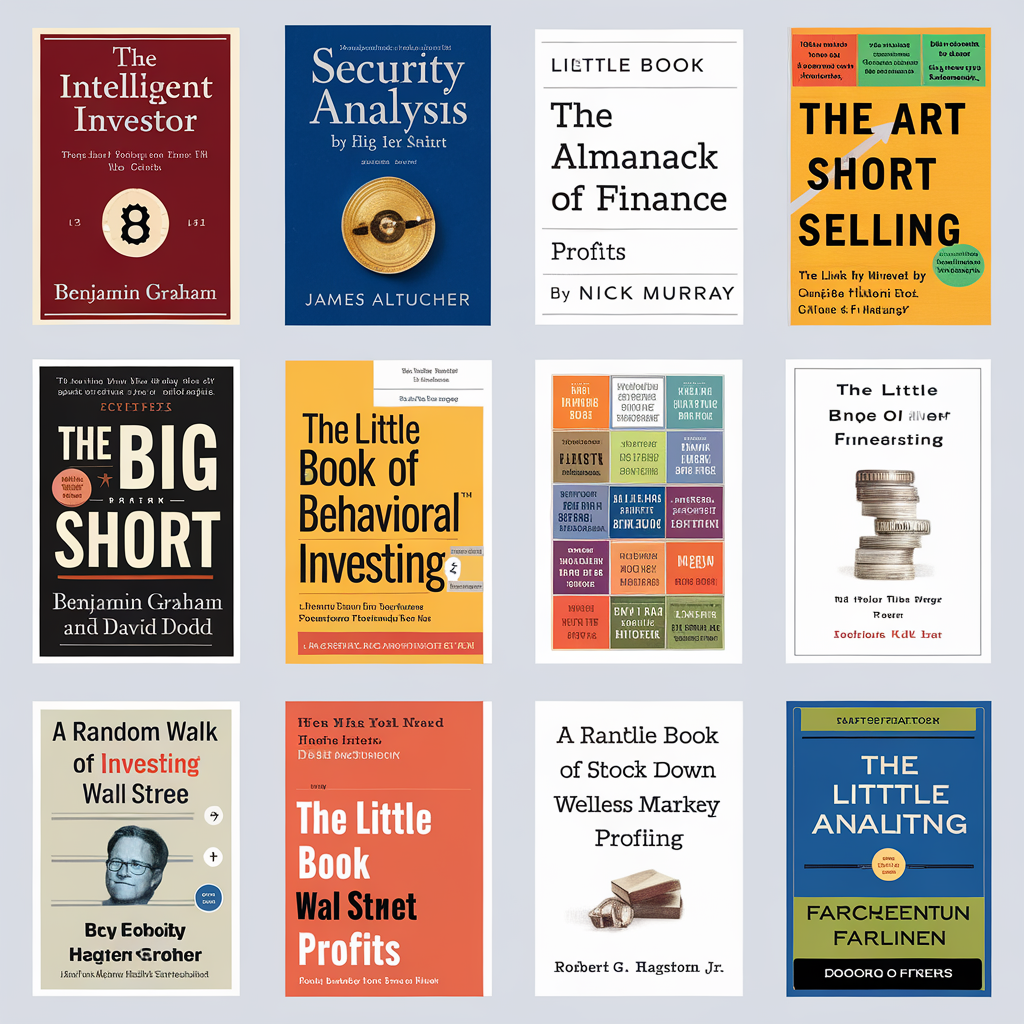Your cart is currently empty!
Forget the MBA: Why AI Expertise is Your Ticket to Future Success

In today’s rapidly evolving business landscape, the traditional path of pursuing an MBA is no longer the only route to career advancement. As artificial intelligence (AI) continues to reshape industries across the board, a new opportunity has emerged for professionals looking to stay ahead of the curve. By combining a solid foundation in a functional area like finance, strategy, marketing, or operations with AI expertise, you can position yourself as a highly valued and employable asset in the job market.

The AI Revolution
AI is not just a buzzword; it’s a transformative force that’s changing how businesses operate. From automating routine tasks to providing deep insights from complex data sets, AI is becoming an integral part of decision-making processes in every sector. This shift creates a unique opportunity for professionals who can bridge the gap between traditional business knowledge and AI capabilities. Read: You have a new place to focus your energy instead of getting an expensive MBA.
Why AI Expertise Trumps an MBA
- Relevance: While MBA programs offer broad business knowledge, AI expertise provides cutting-edge skills that are immediately applicable in today’s tech-driven world.
- Cost-effectiveness: Online AI courses are often more affordable than full MBA programs, offering a better return on investment.
- Flexibility: You can gain AI skills while working, allowing you to apply your learning in real-time and demonstrate value to your current employer.
- Future-proofing: As AI continues to advance, your expertise will only become more valuable, whereas traditional MBA skills may become outdated.
Building Your AI Expertise

- Start with online courses: Top institutions like Harvard, MIT, and Stanford are offering certificate courses for machine learning and AI expertise. Many companies are willing to invest in employee education, so explore whether your employer can cover the costs.
- Focus on your functional area: Look for AI applications specific to your field. For example, if you’re in finance, explore how AI is used in risk assessment or algorithmic trading.
- Create content: Start a blog or YouTube channel discussing AI applications in your industry. This helps establish you as a thought leader and creates a portfolio of your expertise.
- Develop simple tools: Build AI-powered tools that solve problems in your functional area. This could be as simple as a predictive analytics dashboard or a chatbot for customer service.
- Network and collaborate: Join AI-focused communities and participate in hackathons or open-source projects to expand your network and gain practical experience.
Becoming a Perceived Thought Leader
- Consistency is key: Regularly publish content on AI topics relevant to your industry.
- Engage with your audience: Respond to comments and participate in discussions to build a community around your content.
- Speak at events: Look for opportunities to present at industry conferences or local meetups.
- Collaborate with others: Partner with other professionals or companies on AI projects or content creation.
- Stay current: Continuously update your knowledge by following AI news and research papers.
Building AI-Powered Tools
- Identify pain points: Look for repetitive tasks or data-heavy processes in your functional area that could benefit from AI.
- Start small: Begin with simple projects like automating data analysis or creating a basic prediction model.
- Leverage existing AI tools: Use platforms like TensorFlow, PyTorch, or cloud-based AI services to accelerate your development process.
- Document your process: Share your journey of building these tools, including challenges and solutions, to further establish your expertise.
- Iterate and improve: Continuously refine your tools based on feedback and new AI developments.
The Long-Term Payoff
By investing time and effort into building AI expertise alongside your functional knowledge, you’re setting yourself up for long-term success. As businesses increasingly seek professionals who can bridge the gap between traditional business functions and AI capabilities, your unique skill set will become increasingly valuable.
Moreover, the process of learning about AI, creating content, and building tools will give you practical experience that no MBA program can match. You’ll develop a deep understanding of how AI can be applied to real-world business problems, making you an invaluable asset to any organization looking to leverage AI for competitive advantage.
Resources
- Harvard: Artificial Intelligence AI course offerings
- MIT: Professional Certificate Program in Machine Learning & Artificial Intelligence
- Stanford: Artificial Intelligence courses and programs
Conclusion
While an MBA can certainly provide valuable business knowledge, the combination of functional expertise and AI skills offers a more targeted and future-proof approach to career development. By focusing on AI, you’re not just preparing for the future of work – you’re actively shaping it. So instead of investing in an MBA, consider investing in yourself by building AI expertise. It’s a decision that could pay dividends for years to come in an AI-driven world. And the ROI of your study could easily be multiplied, by finding free or subsidized (by your current employer’s financial assistance) AI related courses from top institutions.
If you’d like a copy of our self-directed MBA blueprint you can sign up here: Condensed MBA Blueprint
Latest Posts
-

Top 10 Operations Management Books to Elevate Your Career Without an MBA
Operations management can be grunt work. Get out of the grunt, by elevating your…
-

Top 10 Marketing Books to Elevate Your Career Without an MBA
You don’t need to pay for an MBA to talk like an MBA Marketer You…
-

Read What Finance MBAs Read
Reading the books assigned in MBA programs gives you “insider” vocabulary Want to be reading…
Follow us







